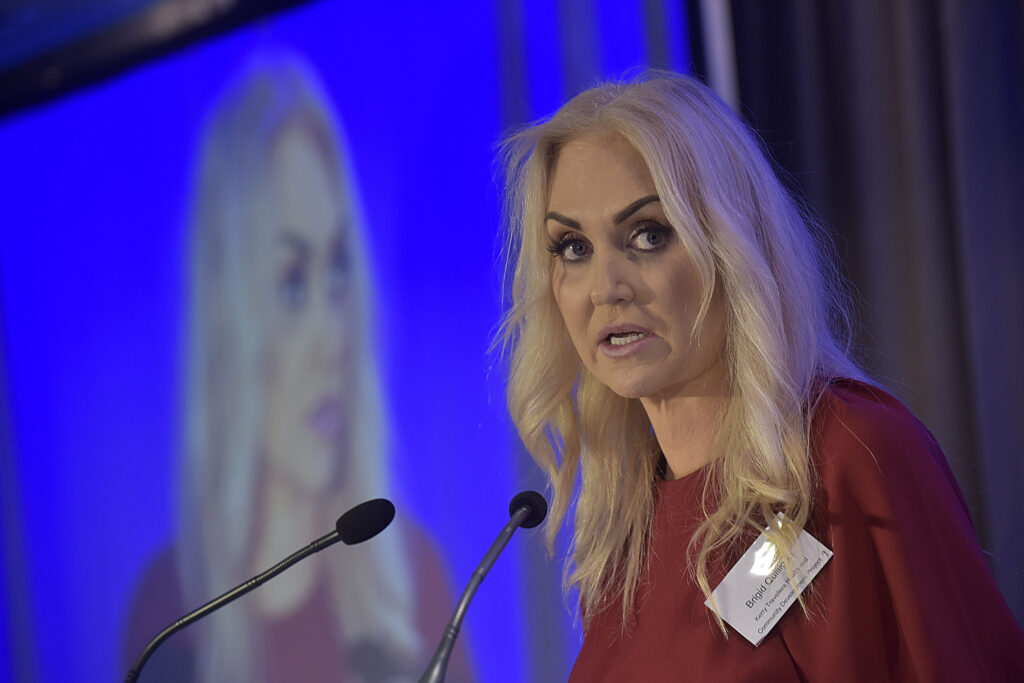A national conference to mark 30 years of Primary Health Care for Traveller Projects (PHCTPs) took place on Wednesday 11th December, 2024, at Croke Park, Dublin.
Traveller health has always been a major issue of concern for Pavee Point. Shocking statistics have highlighted the huge inequalities in health between Travellers and the general population. However, it was not until the early 1990s that the possibility of engaging in targeted actions to promote improvement in Traveller health arose.
In 1992 a group of Traveller women on a programme in Pavee Point decided they wanted to tackle the health needs of Travellers. ‘People were saying that Travellers don’t use health services, but nobody was asking why? But we knew it was because Travellers didn’t have the information. We saw the sheer neglect there was of Travellers health and we felt something had to be done,’ Missie Collins, a Traveller Community Health Worker explains.
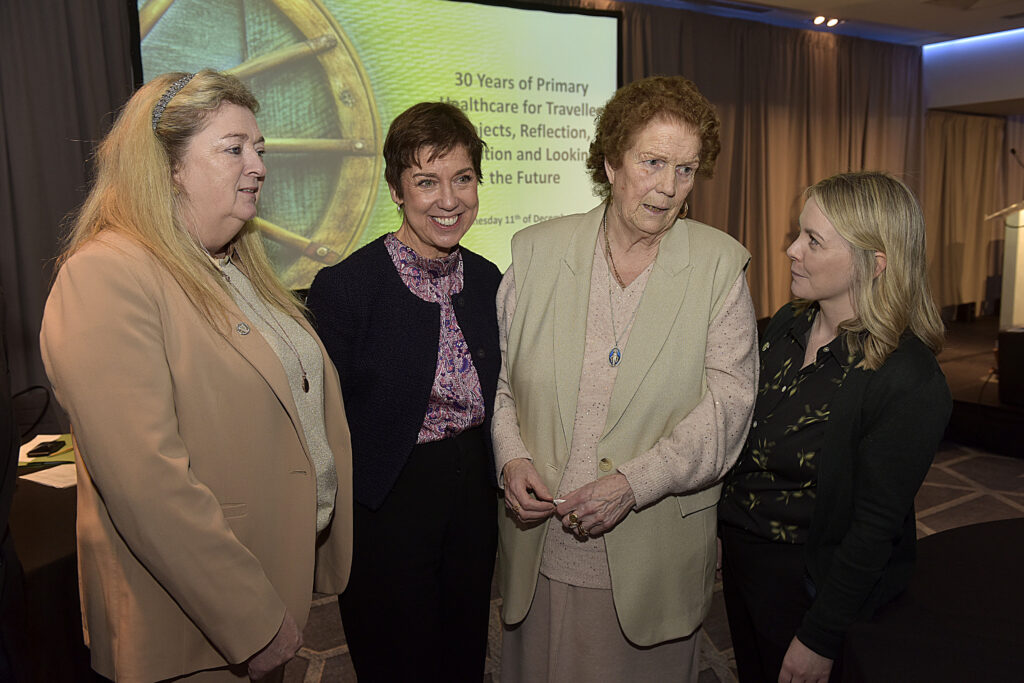
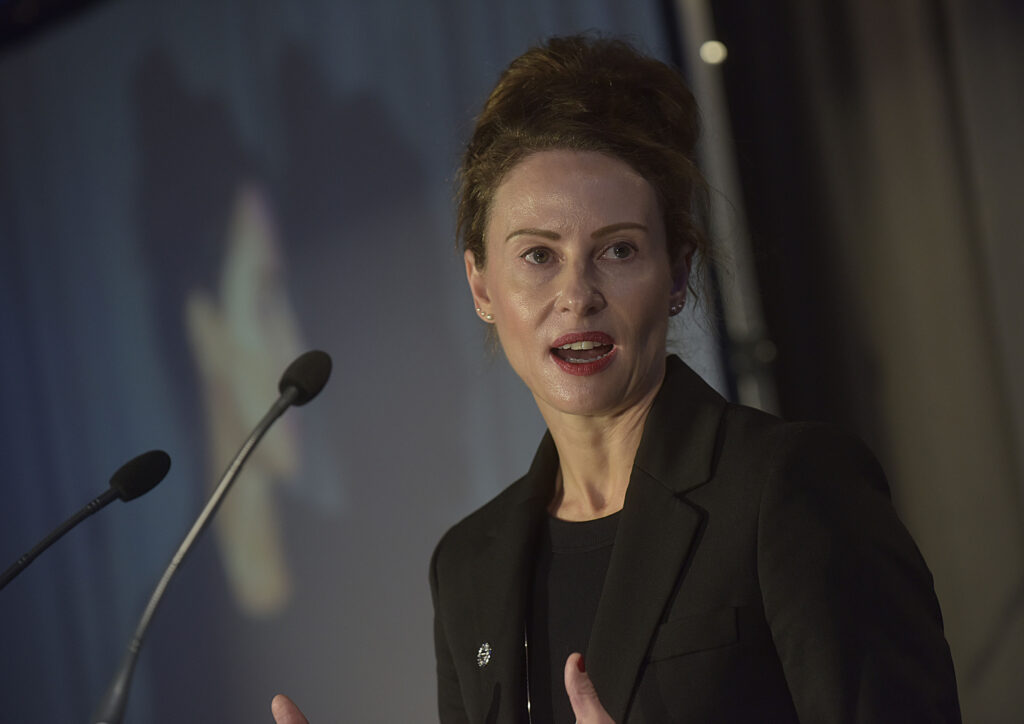
Traveller Primary Health Care – an Approach that Works
Primary Health Care was identified as an approach that could be piloted to facilitate Traveller participation in health and in 1994 the first Primary Health Care for Travellers project (PHTCP) was set up by Pavee Point.
“Some of the key achievements of the projects include higher numbers of Travellers accessing BreastCheck and cervical screening,” said Lynsey Kavanagh, Co-Director, Pavee Point, speaking on RTÉ’s Morning Ireland. “86% of Travellers receive their health information from PHCTPs.”
Ms Kavanagh praised the success of the Traveller primary healthcare projects around the country that are “flourishing” despite challenges throughout the 30 years. However, there is an urgent need to resource and support the projects in order to sustain them into the future.
Traveller Primary Health Care sees Traveller Community Health Workers undertake health advocacy primarily through outreach work to improve health outcomes. Traveller workers have trust and rapport on the ground, as well as the institutional knowledge. The workers bridge the gap between services and the community.
The initial project was met with resistance from the Eastern Region Health Board.
“You aren’t educated and it won’t work, Travellers talking to Travellers”, recalled Dr Missie Collins, one of the first Primary Health Care workers at Pavee Point.
The Eastern Health Board eventually agreed to a nine-month pilot project. Primary Health Care was a resounding success, and now there are nearly 30 Primary Health Care for Traveller Projects operating across Ireland.
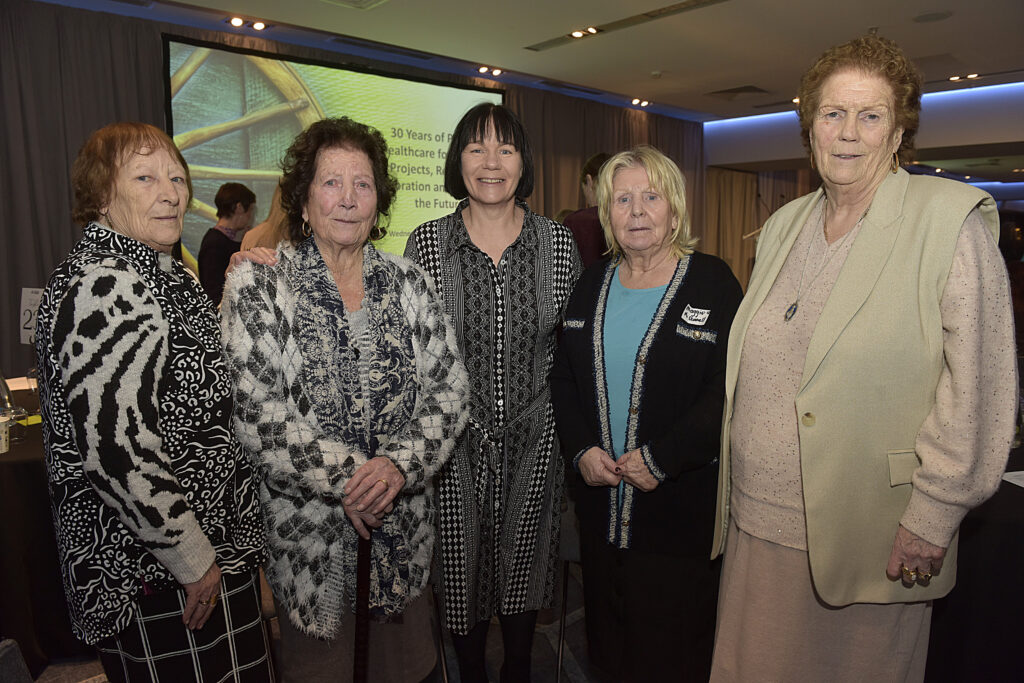
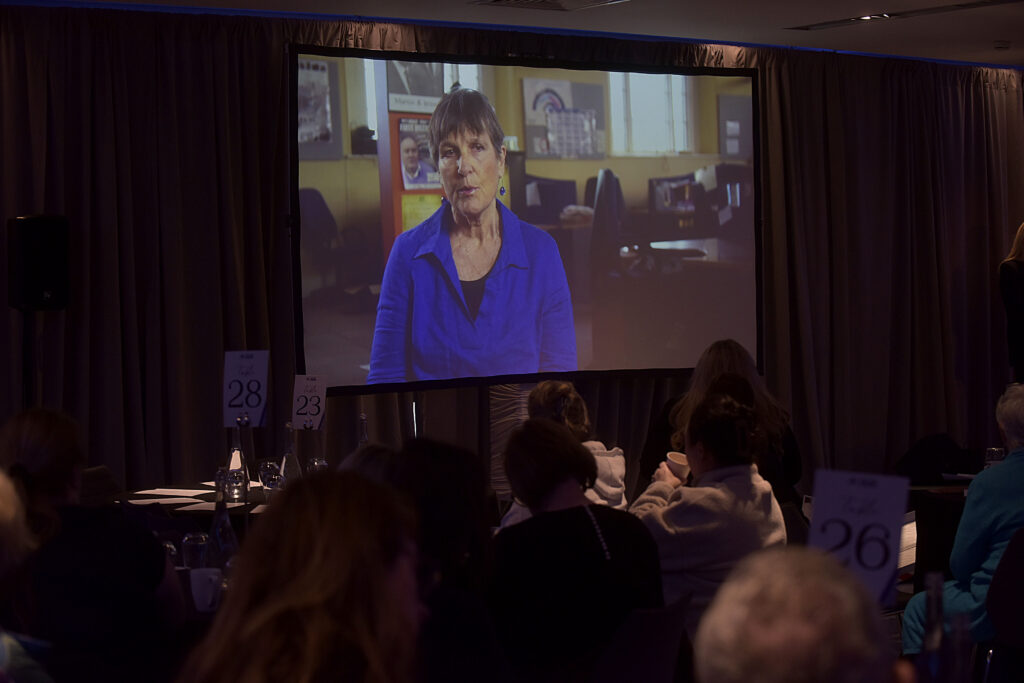
Conference Hears of Hard Work and Partnership
The conference at Croke Park was a joyous occasion and celebrated the hard work of the Primary Health Care workers, the majority of whom are Traveller women, and some Traveller men, and the achievements of the project.
Attendees heard from representatives from HSE Social Inclusion and Traveller Organisations across the country.
The event kicked off with a welcome from Concepta De Brun, Chair, Traveller Health Advisory Forum, and Kathleen Kerrigan, PHCTP Co-ordinator, St. Catherine’s Carlow.
Bernard Gloster, CEO, HSE, sent a special message thanking those working in Traveller Primary Health Care for their tireless contribution.
“Thank you for your work, you are of your community, from your community and for your community,” said Mr. Gloster.
Speaking about the importance of the partnership between services and PHCs, Mellany McLoone, IHA, Manager for Dublin North City and Dublin North West, HSE, said, “We (the HSE) can’t do it without them. It’s just as uncomplicated as that.”
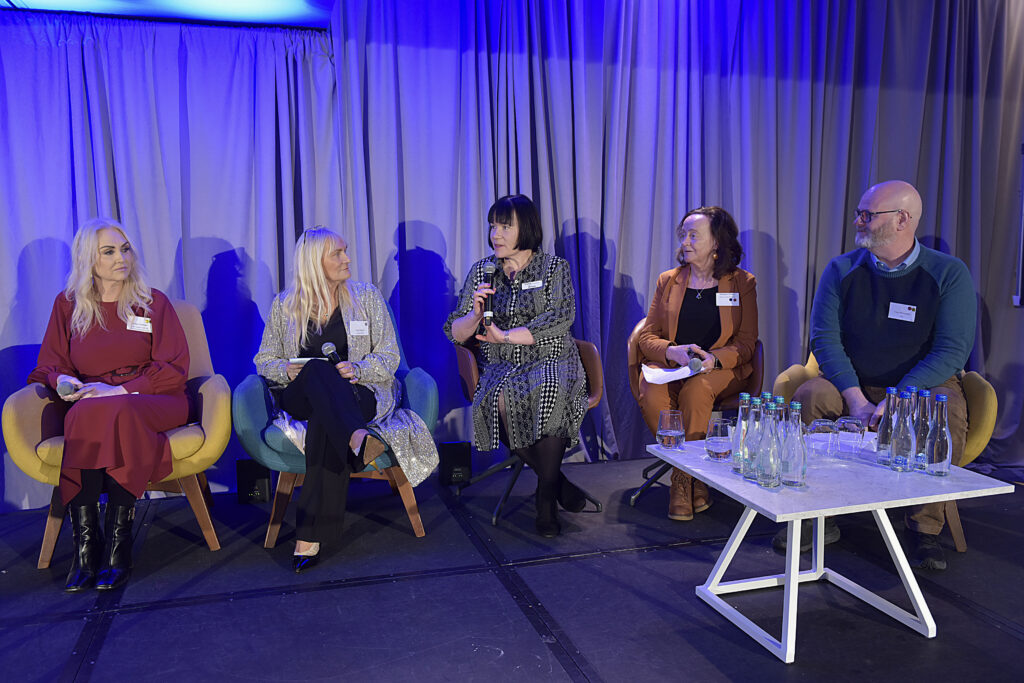
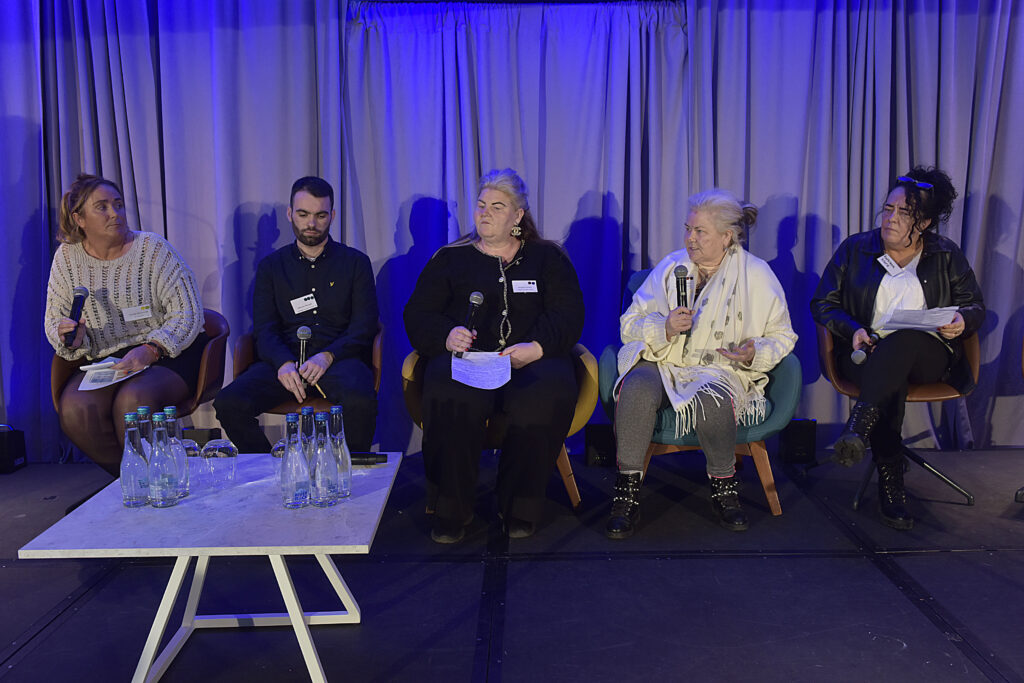
More Sustained Resourcing Needed Going Forward
Traveller Primary Health Care Workers expressed that much more is required to sustain these projects going forward, including robust implementation and resourcing of the National Traveller Health Action Plan (NTHAP, 2022), better terms and conditions for workers, career progression and partnership between Traveller organisations and HSE.
“We need pay parity for PHC workers. At present, they earn minimum wage, on part time hours and their secondary benefits are affected.” said Bridget Nevin, PHC Coordinator, TravAct. “There is, at present, no pension scheme in place for these workers, some of whom have been working 30 years. This needs to change.”
“Workers must have the opportunity to progress in their careers and become coordinators, and managers, and to move into mainstream health services too. What’s more, we want to attract young people into the projects, and ensure they are given training.” said Mary Brigid Collins, PHC Co-ordinator, Pavee Point.
In 2022, the National Traveller Health Action Plan was published but it has not received any new additional core funding since then.
About Primary Health Care for Travellers
RTE News report on Conference
RTE Morning Ireland Radio Interview on Conference




